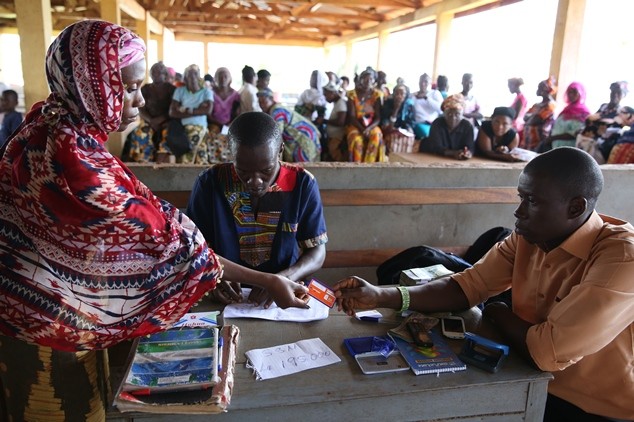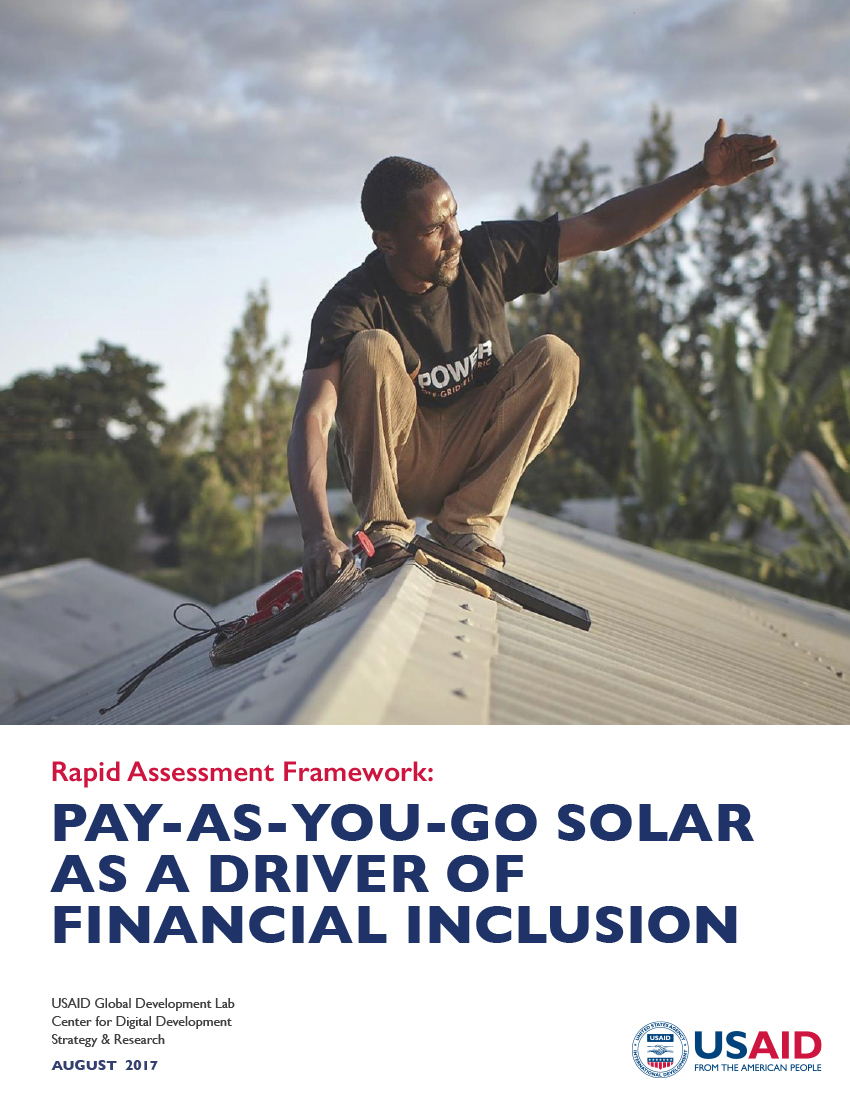- What We Do
- Agriculture and Food Security
- Democracy, Human Rights and Governance
- Economic Growth and Trade
- Education
- Environment and Global Climate Change
- Gender Equality and Women's Empowerment
- Global Health
- Humanitarian Assistance
- Transformation at USAID
- Water and Sanitation
- Working in Crises and Conflict
- U.S. Global Development Lab
Digital Development Content Top
Speeches Shim

There can be no doubt that digital technologies have revolutionized the world around us. Digital technologies offer great potential for more inclusive economic progress, enhanced citizen engagement, and institutional accountability. By leveraging digital tools in development programs, donors are able to more effectively serve the world’s most vulnerable populations and contribute to the digital. Yet, as we look to the next decade of digital development, it is obvious that many gaps remain and the future is not predetermined to be one of equal or inclusive digital gain.
With the ever-increasing integration of digital technologies in both private industry and development, we must consider both the continued opportunities and risks that these technologies present. This requires us to examine the social norms, political and economic realities that may impact the inclusive, sustainable access to and use of emerging digital tools. In development, these factors are especially important to consider as many of the communities we serve are those who are most impacted by barriers to or risks from technology.
Through its Strategy and Research (S&R) practice, USAID serves as a thought leader in understanding the implications of increasing use of emerging digital technologies in developing country contexts. S&R researches and offers guidance on how emerging technologies can be thoughtfully and responsibly leveraged to solve development and humanitarian challenges.
RESOURCES
Creating Inclusive Infrastructure through Digital Identity
Having an official identity is key to accessing and receiving vital services and representation in the global community. Yet the complex forces behind identity systems are often overlooked or misunderstood, leading to inefficiencies and missed opportunities for inclusive and sustainable ID systems. This report assesses the opportunities and risks of digital ID systems in development and argues for a broader view of digital ID as essential development infrastructure.
Expanding Financial Inclusion through Pay-As-You-Go Solar
How can Pay-As-You-Go Solar support financial inclusion? In this Rapid Assessment Framework, development actors can use five questions to conduct an initial assessment of new markets to provide insights into where Pay-As-You-Go Solar may be a driver of financial inclusion.
Making AI Work for International Development
We are in the midst of an unprecedented surge of interest in machine learning (ML) and artificial intelligence (AI) technologies. These tools, which allow computers to make data-derived predictions and automate decisions, have become part of daily life for billions of people. Ubiquitous digital services such as interactive maps, tailored advertisements, and voice-activated personal assistants are likely only the beginning.


Comment
Make a general inquiry or suggest an improvement.